Managing The Generation Millennial
- A Brain Drain Or A Brain Gain?
Has human DNA changed? As I try managing the generation millennial, I do wonder sometimes.
Our Blueprint
Growing up in an era that was not too far away from the war-affected generations, we quickly learned the blueprint that we were given:
Be good and follow the milestones.
Get a good qualification from school.
Get a good job (lifetime job).
Get a good partner.
Get a good home.
Get a good family.
Instill in them the same blueprint.
Job done and dusted.
So what happened?
The idea of breaking the mold was introduced with flower power and the generations in the 60's, but it is the Millennials who are doing it with conviction - and a certain sense of entitlement.
Socially
Socially, barriers to short term marriages, single parenting, getting rich without any qualifications, same-sex marriages, frequent job changes indeed career changes, dress code have all but been abandoned. Millennials can now exercise a far, far wider range of options in how to live their lives than we ever could.
Does that make them happier? The ever-increasing recorded cases of depression, suicide and mental disorders would disagree.
Or are we in an age where information is more transparent on such topics?
Communicating
Growing up we actually did not have a telephone in our home. Actually few in the neighborhood did. In fact, we were delighted to have our own internal toilet and electricity in the home. Life moved at a slow pace. Information came to us via the newspaper, the television (that we only had in the winter months) and person to person chats .
Now I am at home with my millennial children and we are experiencing the end of the landline telephone product life cycle. We all have mobile phones and use them to google information, send private messages or skype / facetime friends. Quite a high percentage of the people we have contact with, we have never met or even spoken to.
Thought Processes
So what effect must this have on managing the generation Millennial or the children growing up?
I feel their access to concepts and information in general has developed a generation of well-informed people. It often seems like this generation is standing on the wise shoulders of past generations; their wisdom is based on the freely available knowledge of the non-Millennials that covered the groundwork for them.
But have they matured too fast?
Their access to the results of the thinking processes of others has created a generation who are less gullible and who won't accept "That's why" as an answer. Look at how politics worldwide is staggering: their old political party approach isn't working anymore, charismatic individuals is the name of the game. Look at the changes to marketing and how that is in complete turnaround. The emphasis has gone from having a career towards "doing whatever makes you happy", following a focus on self-fulfillment.
How good are their basic thought processes, such as understanding value, problem-solving, conflict resolution, loyalty, etc.?
Beliefs
Their motto seems to be "Exercise all your options", socially they exercise a habit of "If it's there, grab it".
There is no need to fix things or "mind them", you simply throw the damaged goods away and buy a new one. Equally they will discard relationships with the delete button.
Far from being materialistic (there is no need as there is such plenty around them), they are far more aware of the bigger picture. They are ready to get very active in umbrella topics such as environmental issues, animal abuse, gay rights, pro-choice, etc.
Managing The Generation Millennial
So where does all this leave us as people who struggle with managing the generation Millennial?
We need to rethink our approach. This generation is very different. They won't accept being put into a mold, they are here to play.
They are, by their very nature, far more creative than we ever were.
Their spatial cognitive skills are fine-tuned; they think outside the box; they connect concepts far more efficiently than we ever did; they grasp the bigger picture far, far more quickly.
And they certainly will not put up with a lot of the rubbish many of us have experienced with old-style management techniques.
The answer lies in understanding the valuable assets the generation Millennial can bring with their different skill sets and utilizing them to the benefit of all concerned.
Re-framing Your Approach
How? Make the most of their new energy skills. This means managing the generation Millennial according to their rules!
Have you heard of the cause and effect analysis? This would be one approach you could take if you are in a difficult situation managing the generation Millennial.
“Think of at least four factors which influence your
problem. See if a shift in one of these causes can give you a different effect
to explore”. Kaoru Ishikawa
Using the concept in this quote, a creative manager could find solutions to a conflict situation in the following way.
First off, describe the situation by giving it 4 labels.
These can be negative labels such as "Colleague is bossy, obstinate, resistant and always has to have her own way".
The trick is to change the labels into positive terms to see a new aspect that might be worth exploring: "The colleague has strong self-esteem with strong organisational skills, could be a determined leader who knows their own mind, is not a follower but a leader and shows strong leadership qualities."
This now gives a manager whole new areas to explore in order to better cope in managing the generation Millennial.
Finally
This of course is just one method of many, but I have used it to improve outcomes a lot.
My advice is to sit back and enjoy the ride with your millennial employees or colleagues. It will be an exciting learning curve. Stay positive.
It is, after all, our role as an older generation to guide them through.
What are your thoughts on this?







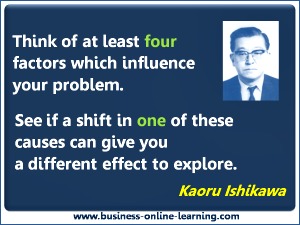
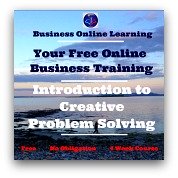
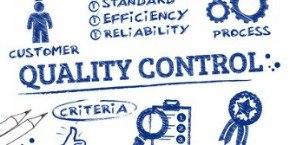

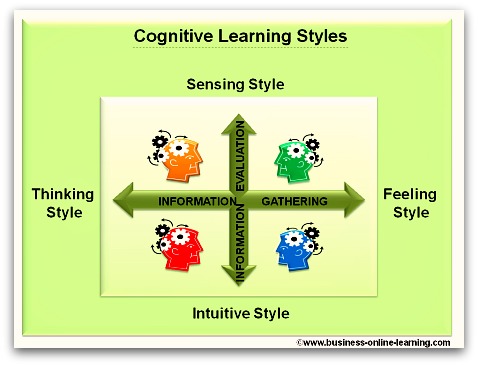
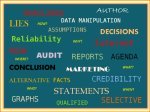
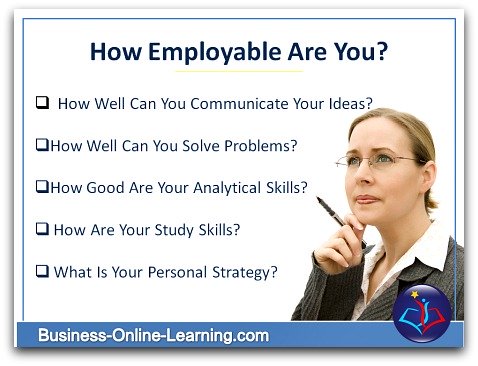
 My name is Martha and I have worked for over 30 years in various aspects of business and in various countries, right around the world.
My name is Martha and I have worked for over 30 years in various aspects of business and in various countries, right around the world.